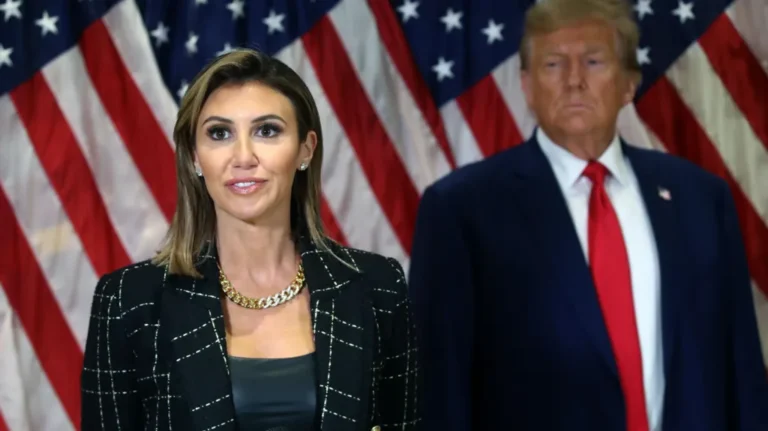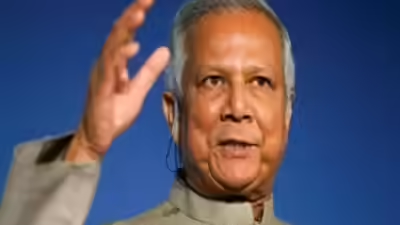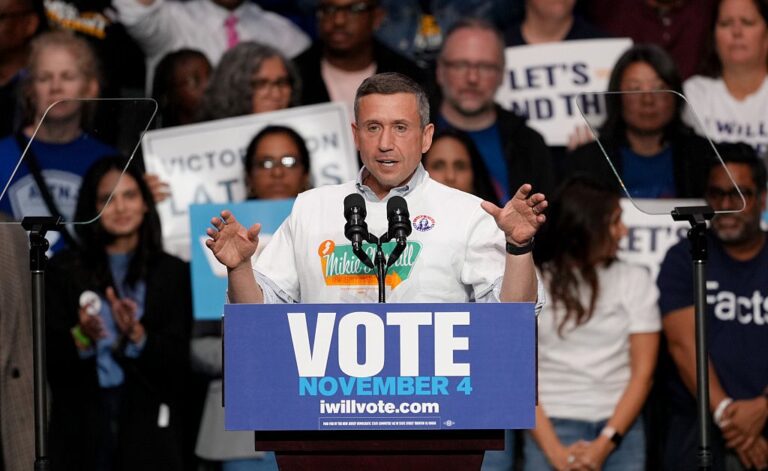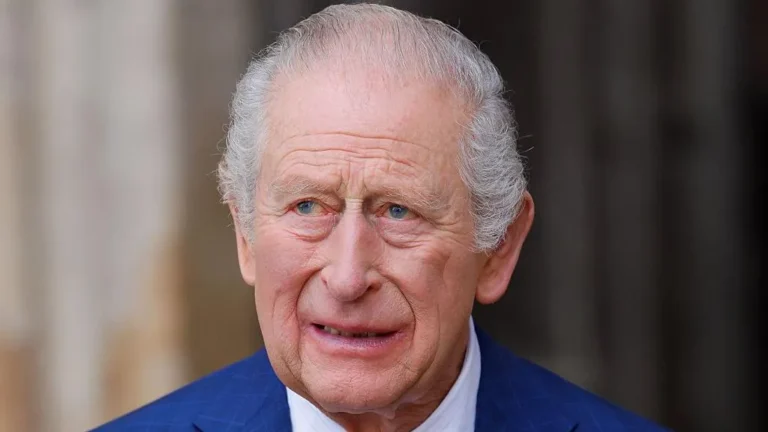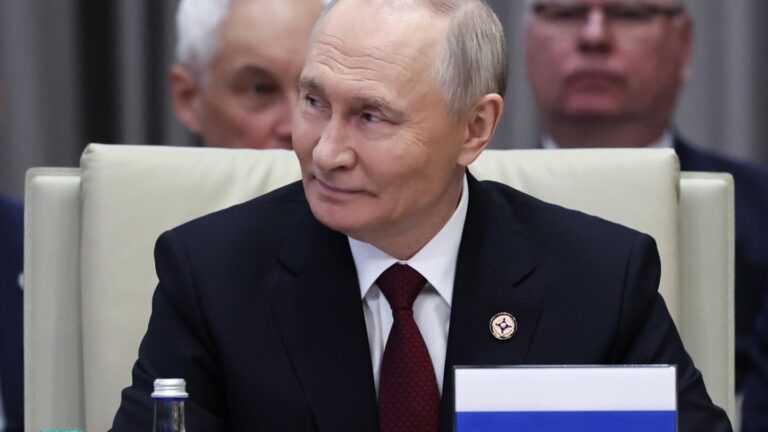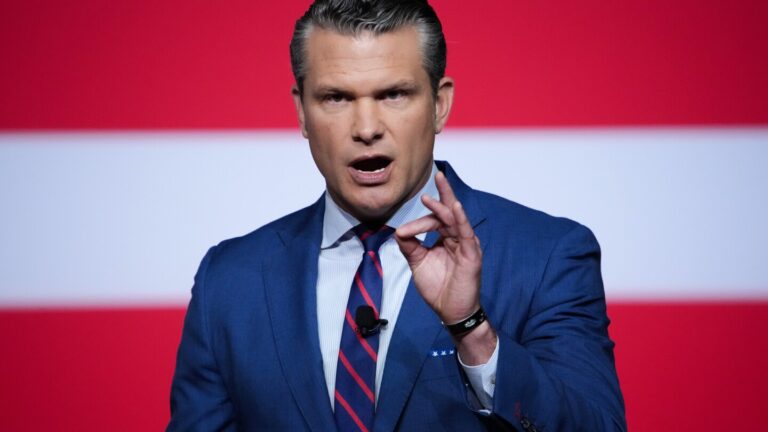
Argentina’s President Javier Milei has secured a major political victory in the country’s midterm elections, winning nearly 41% of the vote and expanding his party’s control in both chambers of Congress. The results strengthen Milei’s mandate to continue his aggressive cost-cutting and free-market economic reforms that have sharply divided the nation.
His party, La Libertad Avanza, captured 13 of 24 Senate seats and 64 of 127 lower house seats, a significant increase from its previous representation. The result allows Milei to move forward with his controversial agenda to shrink the state, slash public spending, and deregulate markets, initiatives he argues are vital to reversing Argentina’s decades of fiscal mismanagement.

Milei’s supporters celebrated outside his campaign headquarters in Buenos Aires, chanting “Freedom has won!” and waving national flags. Many expressed hope that his strengthened position in Congress would accelerate economic change after years of inflation and stagnation.
Austerity Success and Growing Unease Among Citizens
Since taking office in 2023, Milei has implemented sweeping austerity measures, cutting funding for education, pensions, infrastructure, and subsidies while laying off thousands of public sector employees. These policies, though praised by investors for reducing the deficit and stabilizing inflation, have also triggered economic pain across working- and middle-class communities.

Supporters credit Milei for reducing triple-digit inflation and restoring international confidence, while critics accuse him of deepening poverty and undermining essential services. “You see a lot of poverty. Many factories have closed,” said one retired police officer affected by pension cuts. Others warned that programs aiding children and people with disabilities could face renewed threats under the president’s stronger mandate.
ALSO READ: Trump Says He’d ‘Love’ Third Term but Calls VP Plan ‘Too Cute’
Despite rising social discontent, the election results reveal that many Argentines are not ready to abandon Milei’s vision. His call to “make Argentina great again” resonated with voters who see his policies as a necessary reset after decades of political corruption and overspending.

Financial analysts expect the markets to react positively to Milei’s victory, viewing it as a sign of policy continuity and stability. The U.S. has also indicated ongoing support for Argentina’s economic recovery through potential funding and investment initiatives, conditional on Milei’s reform momentum.
As Argentina faces looming debt repayments and economic uncertainty, Milei’s expanded authority could define the nation’s future. Whether his radical fiscal strategy brings long-term recovery or fuels further hardship remains to be seen. For now, his win cements his status as one of Latin America’s most polarizing and powerful leaders.

